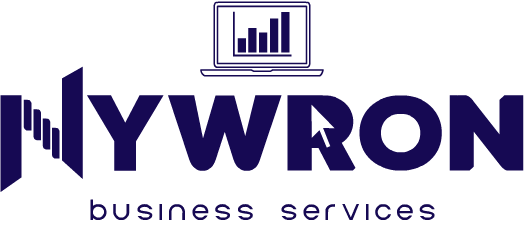Back in March 2024, we explored how artificial intelligence (AI) was transforming the marketing world, making campaigns smarter, more personalized, and more efficient. AI tools were already proving their value by helping marketers streamline operations, improve customer targeting, and make better use of data.
Now in 2025, AI has gone from an emerging trend to an essential part of modern digital marketing strategy.
But is AI really the future of marketing? Let’s look at what’s changed, what’s stayed the same, and what marketers need to pay attention to moving forward.
What Hasn’t Changed: AI’s Key Strengths Still Hold
AI continues to be a game-changer, and many of its core benefits are just as relevant today as they were a year ago:
🔹 Personalization at Scale
AI still leads the way in delivering personalized experiences. From recommending content to tailoring emails and ads, marketers can reach the right person with the right message—at the right time.
🔹 Time-Saving Automation
From social media scheduling to email segmentation, automation powered by AI helps marketers work smarter. By reducing repetitive tasks, teams can stay focused on creative strategy and campaign innovation.
🔹 Smarter Data-Driven Decisions
AI still excels at analyzing large sets of data to uncover patterns, insights, and opportunities. With tools that continuously learn and adapt, marketing teams can make faster, more informed decisions that lead to better performance.
What’s New: AI Trends Shaping Marketing in 2025
While the foundations remain strong, new advancements are pushing AI into exciting new areas. Here’s what’s gaining momentum this year:
🔸 Emotion-Sensitive AI
Emotional intelligence is becoming part of AI-driven marketing. Some platforms can now recognize sentiment and tone in customer interactions—allowing brands to respond more thoughtfully and contextually.
🔸 AI-Powered Creative Tools
Last year, AI could write basic content. This year, it’s generating ad copy, designing graphics, and even producing video content. It’s not perfect, but it’s fast, scalable, and getting closer to human-quality output—with the right oversight.
🔸 Predictive Marketing Models
AI isn’t just reactive anymore. With predictive analytics, marketers can anticipate customer behavior—like potential churn, interest in a new product, or readiness to buy—and act ahead of time.
🔸 End-to-End Campaign Management
AI platforms are now capable of running entire marketing workflows—from planning and execution to optimization and reporting—reducing the need for multiple disconnected tools.
What Marketers Still Need to Watch Out For
Despite all the progress, AI doesn’t come without challenges:
- Built-In Bias
AI is only as objective as the data it learns from. Without proper oversight, marketing decisions powered by AI can unintentionally reinforce bias or exclude key audience groups.
- Limits on Creativity
While AI-generated content has come a long way, it still struggles with nuance, originality, and emotional depth. It’s a helpful assistant—but human creativity still leads the way.
- Data Privacy & Compliance
AI relies heavily on user data. That means marketers must continue to navigate evolving privacy laws like GDPR and CCPA, ensuring transparency and compliance at every stage.
- Cost & Accessibility
Not every business can afford or easily integrate high-end AI tools. While more budget-friendly options are emerging, access and scalability are still barriers for smaller teams.
So, Is AI the Future of Marketing?
In short: yes—but not on its own.
AI is no longer optional in modern marketing. It’s changing the way we plan, execute, and measure campaigns. But even the best AI tools need human direction. The brands making the biggest impact today are combining machine learning with human insight—creating experiences that are not only smart but also meaningful.
Takeaway: Use AI to Work Smarter, Not to Replace Talent
The future of marketing isn’t about humans vs. machines—it’s about collaboration. AI can help you scale, test, and optimize faster than ever. But your message, your voice, your brand’s story? That’s still your domain.
Final Thoughts
AI in marketing has come a long way since early 2024, and the journey is just getting started. Whether you’re a solo entrepreneur or a full-scale agency, adopting the right AI tools can help you reach new levels of performance without losing your creative edge.

